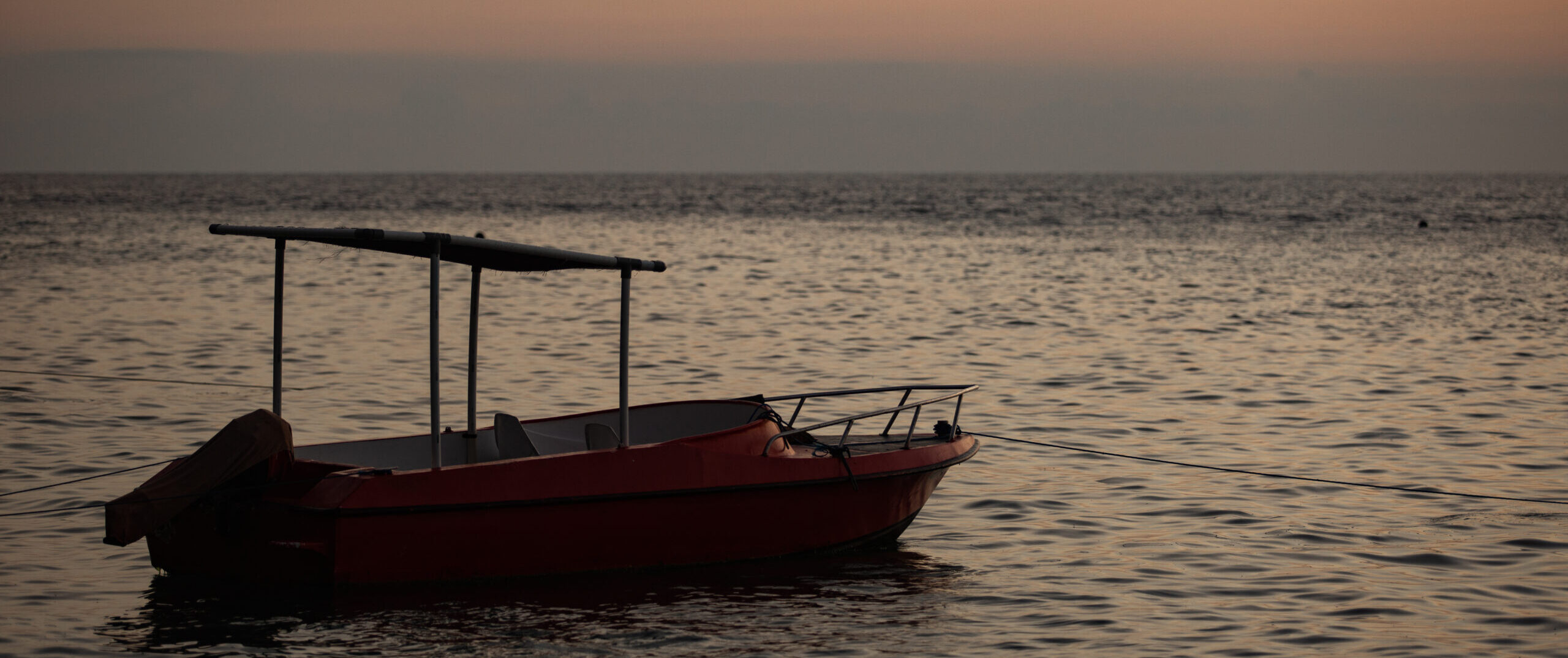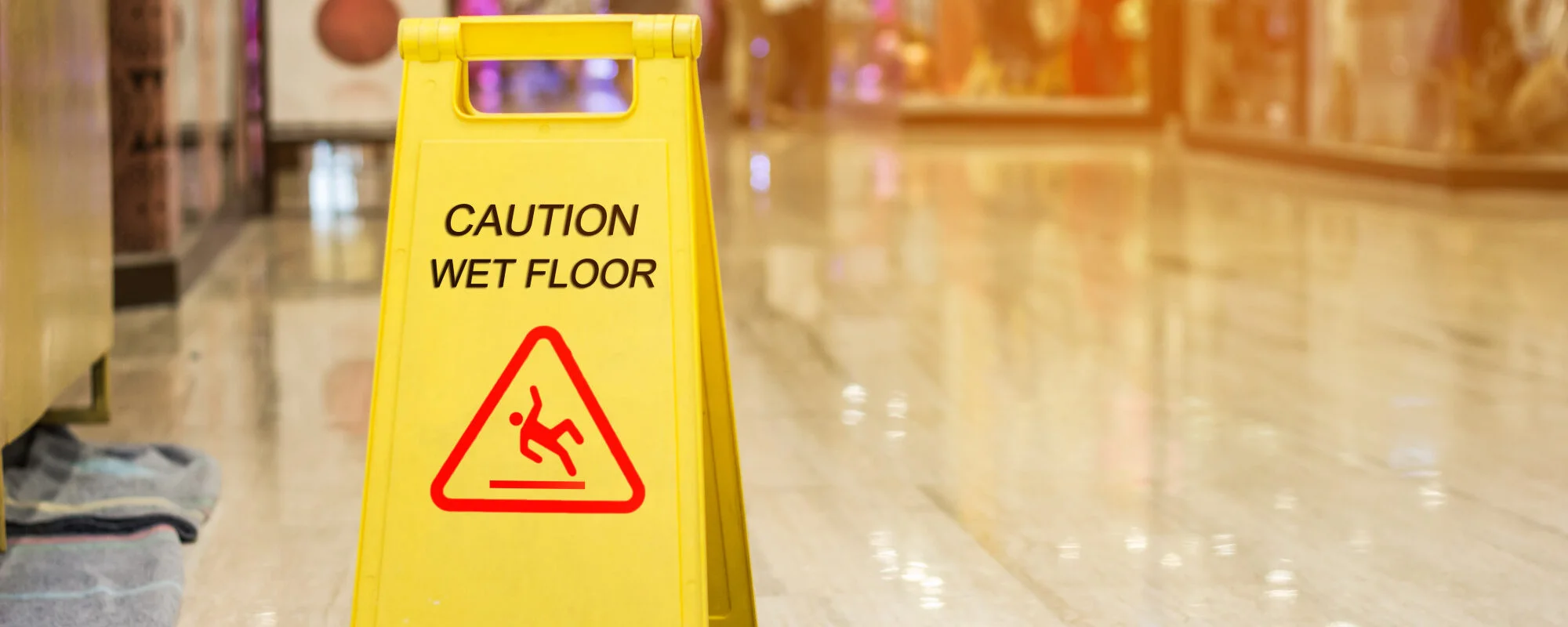California is known for its beautiful coastline and well-maintained harbors and marinas. With numerous beaches, lakes, and waterways, boating is one of the most common recreational hobbies in Southern California. Due to how popular some of these activities have become, the risk of boating accidents has increased. Boating accidents that happen on the water are dangerous and result in thousands of injuries and deaths each year. According to the US Coast Guard, there are 2 primary reasons people die when boating. The most direct cause of deaths caused by boating accidents is collisions with other watercraft, stationary objects, or swimmers. The most significant indirect cause of death related to boating accidents is drowning.
What is the Primary Cause of Boating Fatalities?
The most common reason for boating fatalities is collisions. Collisions can occur with other boats or watercraft, stationary objects, and swimmers. When a boat collides with a swimmer at high speeds, it is almost certain the swimmer will suffer life threatening injuries. When a boat collides with another boat or watercraft, there is the potential for serious impact injuries and trauma which can result in death. When a boat collides with a stationary object like a dock or reef, this can result in the impact injuries and the boat sinking which can lead to drowning.
What is the Primary Indirect Cause of Boating Related Fatalities?
Sometimes boating accidents do not directly cause harm to individuals but that doesn’t mean that someone is completely safe if an accident occurs without an impact injury. Since boating happens on open water, there is a chance that a boating accident can cause boats to sink, capsize, or cause a passenger to be ejected from the boat. When this happens, there is the risk that an individual without a proper floatation device can drown. Drowning is the leading cause of deaths related to boating accidents and can largely be avoided if correctly sized floatation devices like life vests are worn.
Common Causes of Boating Accidents
There are several other common reasons that boating accidents result in fatality:
- Collision: Anytime a boat comes into contact with another watercraft, a stationary object, or a swimmer, there is a chance of fatality. A boat hitting another object or running aground can cause immediate changes in speed or damage to one or both objects. A boat colliding with someone in the water can be deadly for the swimmer.
- Drowning: Being ejected from a boat or having a boat sink or capsize can leave a swimmer stranded out in open waters. Without proper floatation support, there is a strong chance that the swimmer will end up drowning if help is not received quickly. Drowning was reported as a leading cause in 79% of boating related fatalities with over 85% of those passengers not wearing an appropriate floatation device.
- Alcohol / drug use: Alcohol / drug use can impair boat drivers which can increase the chances of collisions as well as swimmers ejected from boats in collisions resulting in drowning.
- Inexperienced driver: Inexperienced boat drivers or sailors can cause collisions because they are unaware of how to correctly drive with other boaters around. In ~77% of wrongful deaths caused by boating accidents, the boat driver was not properly trained on boating safety & operations.
- Excessive Speed: Speeding on open water can be dangerous due to the possibility of running into the wake of another watercraft. Hitting waves at high speeds can result in collisions and ejections due to violent movements as the boat hits each wave. Speeding in a boat also reduces response time when trying to avoid collisions with other watercraft or swimmers.
- Operator inattention / improper lookout: Drivers not paying attention to where their boat is heading can result in collision or running aground.
- Weather / hazardous waters: Drivers that attempt to boat during extreme weather conditions can cause boats to capsize due to strong winds and high waves.
- Running aground: Not paying attention can result in boaters running aground in shallow waters or on reefs. When this happens, boats can flood and sink leaving boat passengers out in open waters.
- Explosion: Boating with engines does require combustible fuel. In the event of a fuel leak or gas buildup, a source of ignition can cause an explosion or fire onboard. This can result in death due to burning, smoke inhalation, explosion trauma, or ejection.
- Sinking / capsizing: Sinking and capsizing are both potential problems that might arise from collisions, running aground, and explosion, extreme weather, and a large wave. When this happens boat passengers must find a way to stay afloat until rescued.
- Falling overboard: A passenger can fall overboard or be ejected from a boat causing them to drown if they are not rescued.
Why Are Boating Accident So Dangerous?
Boating accidents typically occur out on the water where there is little access to immediate help and medical attention. This is even worse if the boat operator is the individual to sustain injury and is unable to return the boat to somewhere where they can seek medical help. It is prevalent for serious boating accidents to result in situations where drowning occurs. This could be the result of a water collision or a passenger getting ejected. In either situation, if the person in the water isn’t rescued in time, they have a strong chance of drowning.
Other Non-Fatal Boating Injuries
Even if a boating accident victim does not drown, they are still in danger of post near fatal drowning injuries. Victims that drown but manage to be resuscitated and rescued can still suffer from hypothermia, pneumonia, brain damage, brain hypoxia, coma, fluid imbalances, and acute respiratory distress syndrome. Each of these are severe problems but the injuries sustained from restricting the oxygen supply to your brain can cause long lasting damages that currently do not have effective treatment methods. In instances of acute respiratory distress syndrome, the passages in an individual’s lungs will swell and fill with fluids causing death from suffocation in extreme situations. Other injuries that can be sustained in a boating accident can be trauma injuries caused by collisions or impacts like traumatic brain injuries, spinal cord injuries, internal bleeding, bruised or punctured organs, burns, and broken bones.
What Laws Apply to Boating Accidents
Boating laws can vary which mean that the laws that govern an accident are largely impacted by where the boating accident occurred. There are local regulations and state laws that need to be followed in addition to federal and international maritime laws. Maritime rules dictate how operations out at sea in international waters can be conducted while local and state laws typically govern accidents that happen in smaller bodies of waters like lakes and rivers.
Under most circumstances, an accident on open waters needs to be reported. When any of the following happen, a report needs to be made to the US Coast Guard or local and state authorities:
- Someone dies or drowns
- Someone goes missing
- Accidents that result in injuries requiring medical attention
- When a boat is missing
- Property damages resulting in more than $2000
Facts About Boating Accidents
In 2020, reports indicated that there were 767 deaths and 3191 injuries due to boating related accidents. This was the deadliest year for boating related accidents since 2001 and resulted from over 5,200 boating accidents. Compared to 2019, the fatality rate grew by 25%. In 75% of the fatal accidents that were boat related, the victim died from drowning. Alcohol contributed to 18% of boating related deaths and 77% of boating operators did not receive the proper training necessary to drive the watercraft. In recreational boating accidents, motorboats were responsible for 46% of boating accidents, personal watercraft like kayaks and jetskis were responsible for 22%, and the rest being caused by other watercraft types.
How to Prevent Fatal Boating Accidents
The best way to avoid boating related injuries and fatalities is to prevent boating accidents from happening. It is always a good idea to ensure that a boat operator is qualified to drive the vessel. It is also important to ensure that there are an appropriate number of floatation devices on board and that passengers are wearing life jackets. The operator shouldn’t be driving under the influence, and they should also be following boating safety practices. It also helps to be prepared for a boating accident. Having the right gear like cell phones, radios, and signaling devices can help in a rescue situation and having a first aid kit can reduce the time it takes to get immediate medical attention.
Contact Experienced Boat Accident Lawyers if You Have Been in a Boating Accident
Getting compensation for the damages and losses you’ve suffered following a boating accident can be difficult, which is why you should seek the help of an experienced boating accident lawyer in California.
Mesriani Law Group’s highly experienced team of personal injury attorneys is committed to helping you win the best compensation you deserve from the parties at fault. They offer a “No Win, No Fee” guarantee to all their clients, meaning you won’t have to pay them any fees unless they’re able to win you the justice you deserve.
Fatal Boat Accident FAQs
What are the most common boating accidents?
Collisions are the most common boating accident. These accidents can be the result of 2 watercraft colliding or a single watercraft hitting a stationary object, a swimmer, or running aground. Since boat passengers are rarely secured, they can be ejected from the boat resulting in drowning or hit a part of the boat causing significant contact injuries.
Where do most boating accidents occur?
Most boating accidents in CA occur in the Pacific Ocean with the 2 most common areas to get into a boating accident being Newport Harbor and San Diego Bay. The other most common place for boating accidents to occur is in the Colorado River.








